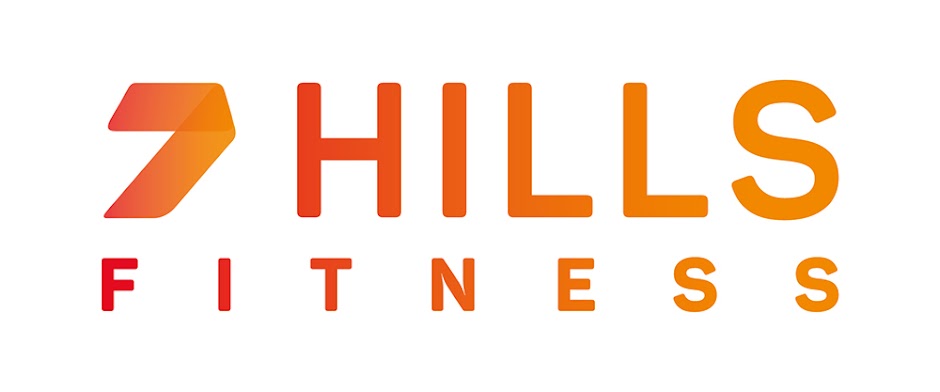A really hot topic for a while within the health and fitness industry has been metabolism; damage, improving it or just repairing it. i have spent a lot of time researching this from reading dated research to discussing it with the lead researchers in the field. Now all of a sudden there's fitness professionals popping up saying they can repair your metabolism and making claims of losing weight on very high calorie diets. The simple fact is to lose weight you need to burn more than you consume and your metabolism is never far off what most of the scientific formula's predict anyway, maybe up to 6% maximum, only more in very very few and strange cases in my experience, it will always return to very close normal range too in the majority of people. If you want to eat loads and still lose weight then you need to train very hard and for long periods of time, to burn the calories off. The people who can do this are professional athletes. Using fitness competitors to prove metabolic damage or recovery is flawed too, getting that lean is unhealthy in the first place and requires a period of almost starvation in the week leading up to comps. Of course there will be a rebound, from eating barely anything and dehydrating. Don't buy in to the scaremongering, there's still no secret metabolic repair team out there. It's still about calories and quality of food.
Pages
Labels
alcohol
(1)
alli
(1)
amir khan
(1)
boxing
(3)
calves routine
(1)
carbohydrates
(3)
chai seeds
(1)
cutting
(2)
David Stache
(7)
dehydration
(1)
dessert
(1)
diet
(5)
dieting
(6)
efa's
(2)
fat loss
(8)
fats
(2)
festival
(1)
FREE trial
(1)
fructose
(1)
fruit
(1)
get in shape
(1)
intervals
(2)
ketogenic
(1)
living lean
(1)
making weight
(1)
mike dolce
(1)
mma
(2)
nutrition
(10)
nutritionist
(1)
nutriton
(1)
obesity
(1)
online transformation
(1)
orlistat
(1)
paleo
(1)
performance nutrition
(1)
protein
(1)
recvoering
(1)
sports nutrition
(1)
sweet
(2)
total body development
(1)
training
(2)
weight loss
(5)
Friday 6 June 2014
Fasted Cardio - Applying a little bit of logic to the debate
Firstly there needs to be some context, this is only really useful for fat loss. Note the word 'useful' NOT 'optimal'. HIIT, strength training, circuits and such like have all been proven to be more effective for fat loss over fasted low intensity cardio. However this doesn't mean fasted cardio has no place in a training programme. If fat loss is your goal, then one session, one meal and even one day or even one week is not what's important, it's consistency. That consistency being to burn more calories than you consume over a period of time to reach your goal look or weight.
There are 3 steps involved in losing fat:
1) Mobilisation - getting stored fat out from the fat cells, mainly under control of insulin and catecholamines
2) Transport - of the free fatty acid within the blood stream (free as mobilised from the fat cell)
3) Oxidation - which relates to the burning of the fatty acids in skeletal muscle, liver and heart.
1) Mobilisation - getting stored fat out from the fat cells, mainly under control of insulin and catecholamines
2) Transport - of the free fatty acid within the blood stream (free as mobilised from the fat cell)
3) Oxidation - which relates to the burning of the fatty acids in skeletal muscle, liver and heart.
Now this where a bit of understanding of the human body really helps, those leaner folks trying to get leaner do have more of a problem with the mobilisation stage, because there's less of it, those with more fat it stands to reason will mobilse fat far easier, because they have more. However for those considered very overweight oxidisation is impaired. Those in between really have neither of these problems.
So for those people very lean trying to get leaner fasted cardio is probably needed, this is due to the fact that long and very intense training sessions are not manageable due to the low calorie diets they need to follow. for those in the middle, well for them it doesn't really matter, they just need to be consistent, one things for sure though, fasted cardio can be useful and does have it's place, it's also not really that detrimental you'll not lose muscle if you have plenty of fat to lose.
It's all about balance and finding what works for the individual. Some of my clients never do fasted cardio, some do. What they all have in common though is that their programme works around their needs and what they are able to do. Not everyone can smash out 5 AM weights sessions a week with 5 PM HIIT sessions either.
So does fasted cardio have it's place, yes & no. In some instances it is perfectly acceptable.
One session, meal or day is not what counts, it's the whole approach and execution of a consistent plan to achieve your goals.
Subscribe to:
Posts (Atom)
